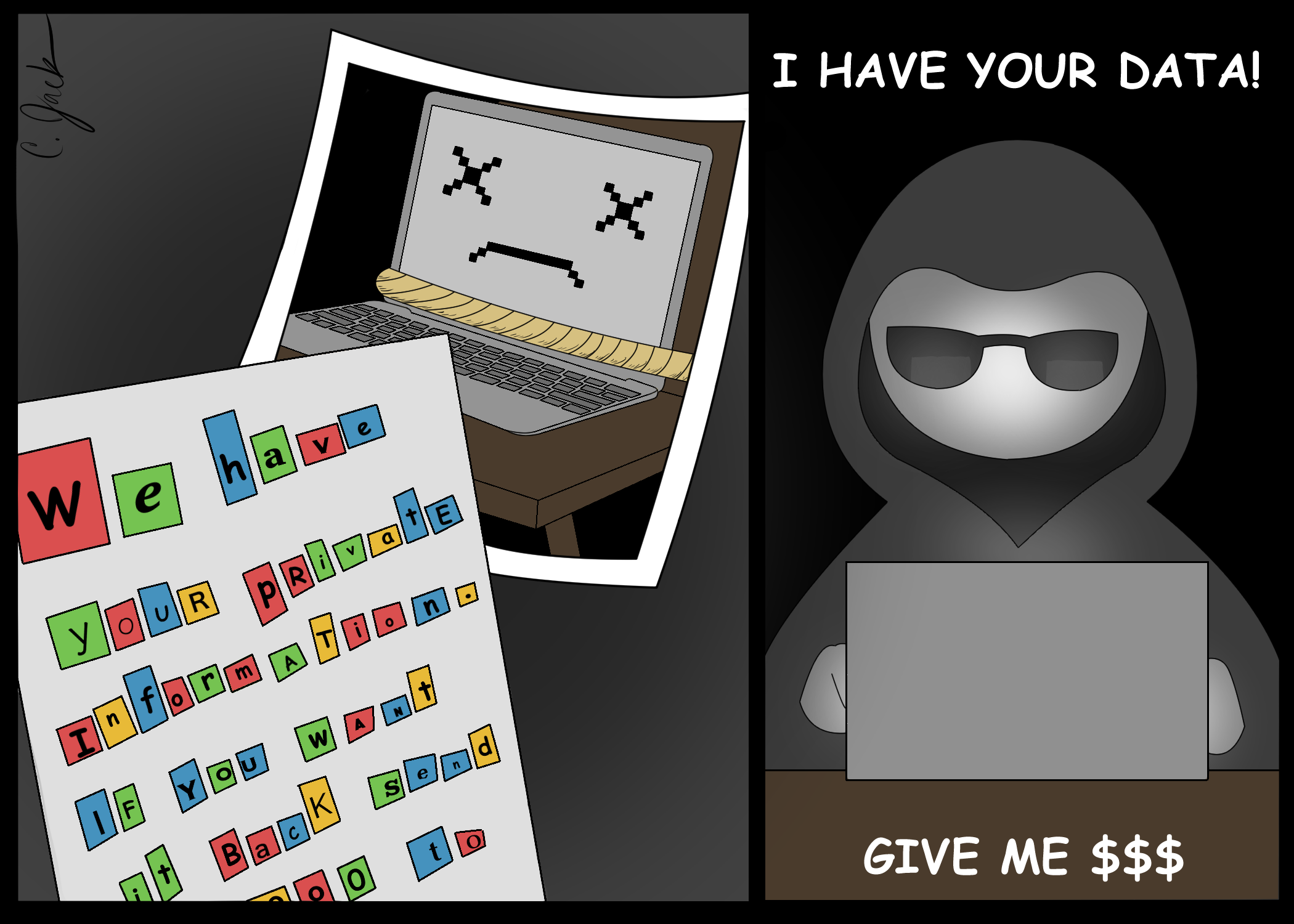
With relentless technological advancement year after year, there comes a time when a standard set of online protections and cybersecurity become obsolete. Because Valley College paid a $28,000 Bitcoin ransom to hackers in early January, Pierce has since taken steps to reinforce our sensitive data.
Since the start of the semester, the Wi-Fi has been spotty at best. Administration has tried to remedy this by periodically shutting down and reactivating access points in individual buildings, one at a time.
As of Tuesday, Feb. 28, the old Wi-Fi login system was reimplemented. Students and staff are now required to enter their student information system (SIS) login to gain access to the wireless network. But that does nothing to protect us from a student or a staff member that is the one trying to steal information. Consequently, every individual should take it upon themselves to learn more about security measures like VPN’s.
A credible solution would be to change the wireless network from this WPA2 (Wi-Fi protected access 2) system to a Virtual Private Network (VPN) that connects your computer to a safe network that will not show your browsing history, nor save cookies or caches. You could look into the best Canada VPN services and see if there’s a service that suits your needs. It’s important to do a little research so that you know you’re getting a suitable service as a VPN keeps your data away from any outside interference so you want to make sure it does just that. This would give peace of mind to any authorized individual trying to access these networks. If you’re interested in getting one for yourself, try out free VPN trial.
An article from ABC news states, “There are no estimates of how often this happens. No one has ever been arrested for Wi-Fi hacking.” This shows how institutions fail to take wireless security seriously, which leads to situations similar to Valley’s. The hacking of Valley’s network brought awareness to vulnerabilities in Pierce’s system.
For a somewhat more practical approach, the IT department should be given funds for creating redundancies that back up faculty, staff, and student emails. That way, if Pierce’s data is ever compromised, online records of students’ grades will be backed up.
Keeping students’ data and records safe should be a priority on campus.

